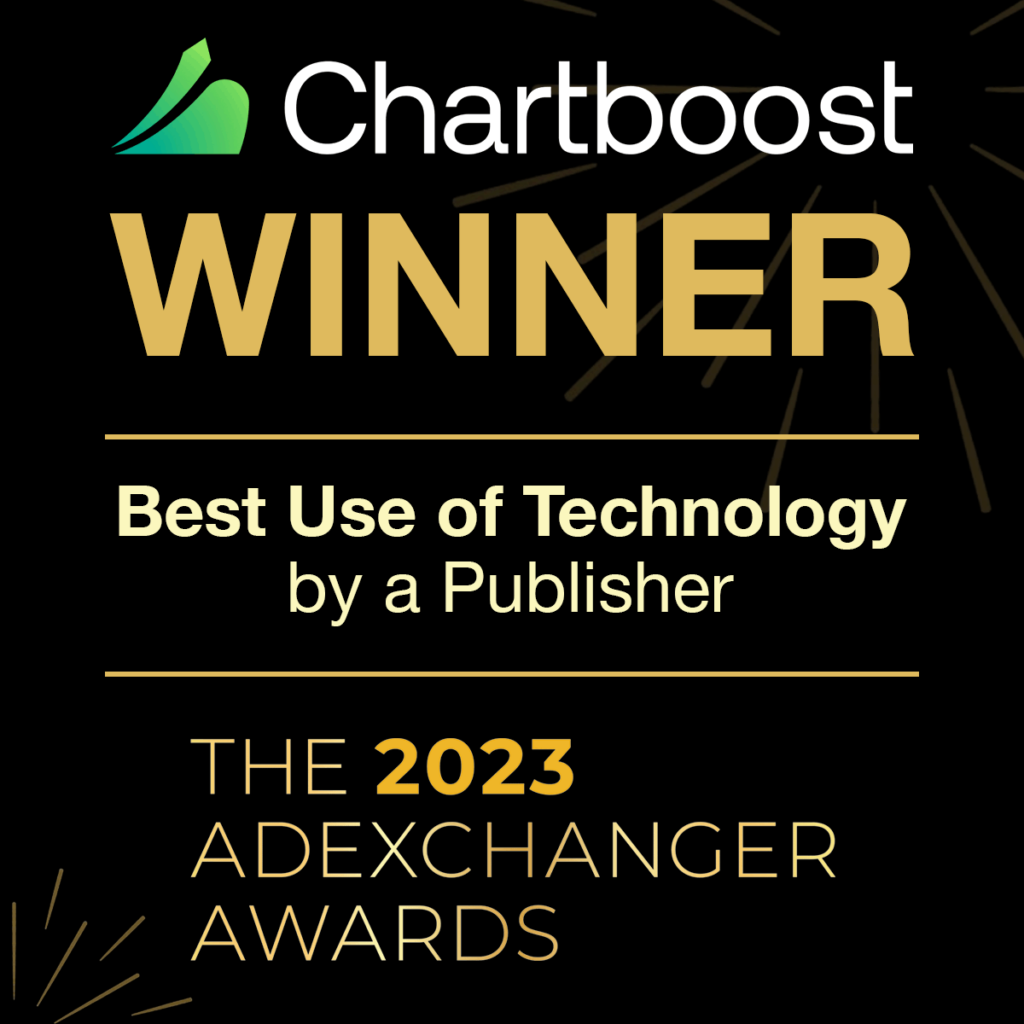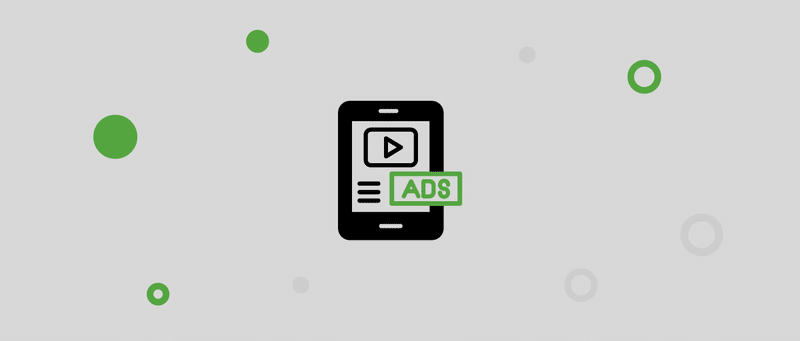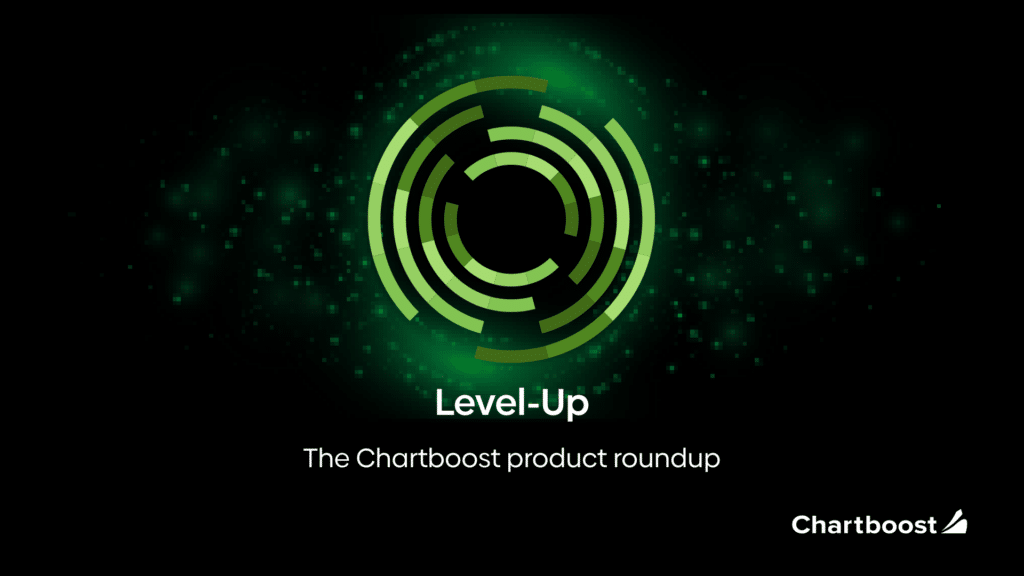Chartboost Mediation emerged as the 2023 AdExchanger award winner for Best Use of Technology by a Publisher, following…
- Products
Products
overviewAdvertisingAcquire new users with Chartboost DSP
MonetizationGenerate ad revenue with Chartboost
MediationMaximize revenues with Chartboost Mediation
MarketplaceTap into premium inventory with Chartboost Exchange
- Solutions
Solutions
for teamsUser AcquisitionEverything you need to acquire new users
Ad MonetizationA complete suite for maximizing ad revenue
Developers & ProductLearn about the tools and tech you need to turn your game into a business
- Success Stories
- ResourcesGuides
In-depth guides to level up on UA and monetization
WebinarsLearn from top UA and monetization experts
BlogStay on top of the industry
GlossaryIndustry terms explained
PodcastListen to UA and AdMon experts share insights
ReportsRead our experts reports
NewsletterGet your 5-min summary the industry relies on
- Company





